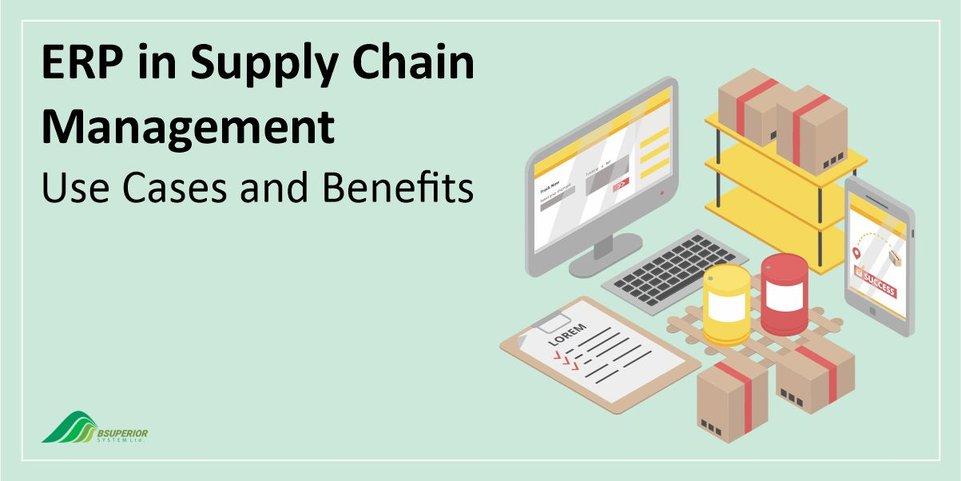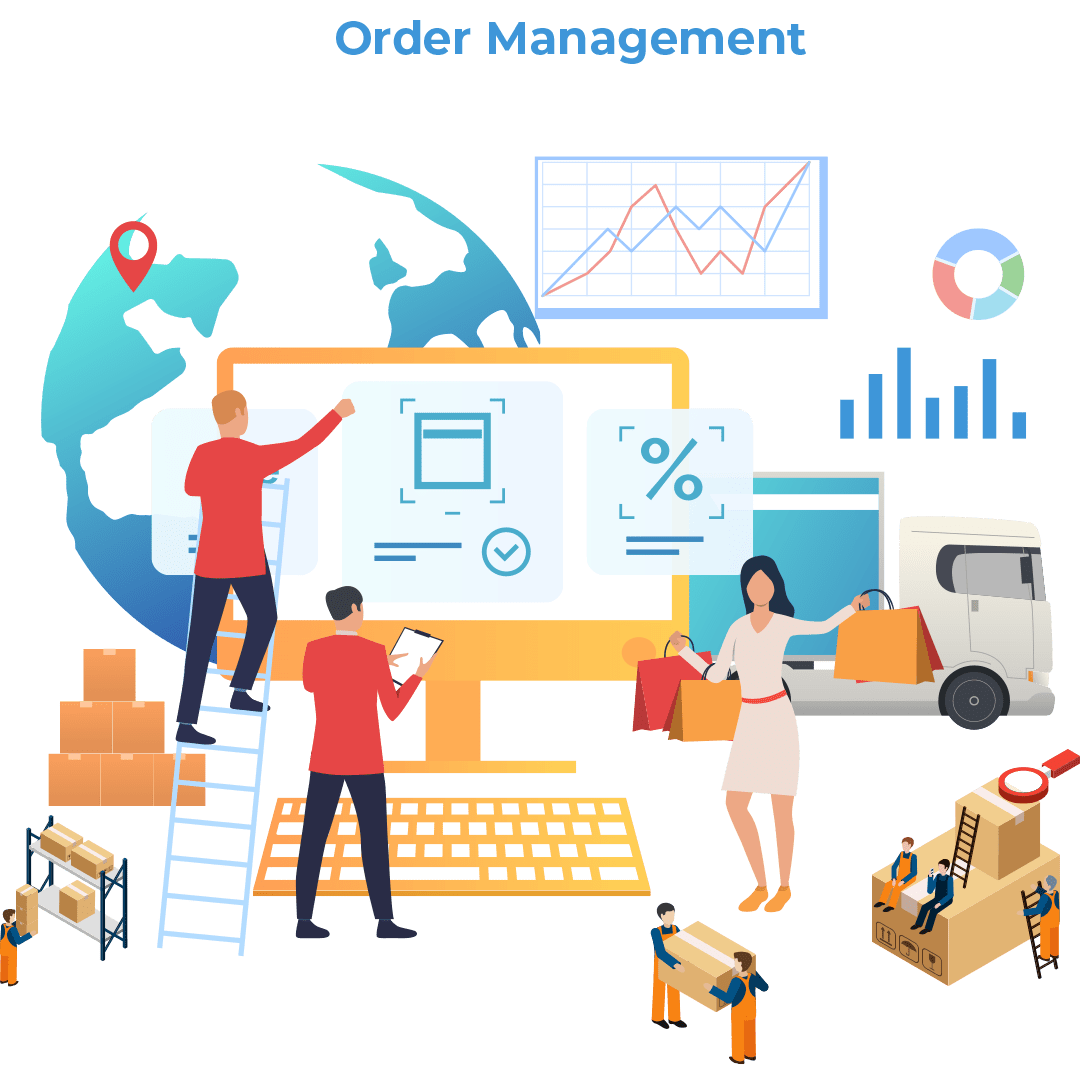ERP in supply chain management
Supply chain management (SCM) in ERP (Enterprise Resource Planning) software plays a crucial role in integrating and optimizing the various processes involved in the supply chain.

Real-Time Inventory Management
Effective inventory management is the backbone of a robust supply chain. Our ERP software provides real-time visibility into inventory levels, allowing you to track stock across multiple locations effortlessly. With automated alerts for low inventory and reorder points, you can prevent stockouts and overstock situations, ensuring that your operations run smoothly. This dynamic approach not only minimizes carrying costs but also enhances customer satisfaction by guaranteeing product availability. Additionally, detailed reporting tools enable you to analyze inventory turnover rates and identify trends, helping you make informed decisions about purchasing and stock management. By streamlining inventory processes, you can focus more on strategic initiatives rather than day-to-day operational challenges.
Streamlined Procurement
The procurement process can often be complex and time-consuming, but our ERP solution simplifies it significantly. With centralized supplier management, you can evaluate and select suppliers based on performance metrics, pricing, and reliability. Automated purchase order generation reduces the manual workload, ensuring that orders are placed efficiently and accurately. The system also facilitates communication with suppliers, allowing for easier negotiation and contract management. This integration helps to foster strong relationships with suppliers, which can lead to better pricing and service. By optimizing procurement, you can improve your bottom line while ensuring that your organization has the necessary materials when needed.
Enhanced Production Planning
Production planning is critical for meeting market demands without overextending resources. Our ERP software integrates demand forecasting tools that analyze historical data and market trends to provide accurate projections. This enables you to align your production schedules with actual demand, minimizing waste and maximizing resource utilization. The system also facilitates capacity planning, allowing you to allocate machinery and labor effectively to meet production goals. By providing insights into production bottlenecks and efficiencies, you can make timely adjustments to processes, ultimately improving overall productivity. With enhanced production planning, your organization can respond quickly to changing market conditions and customer needs.
Efficient Order Management
Managing customer orders can be challenging, but our ERP software simplifies the process from start to finish. From the moment an order is received, the system tracks its status through fulfillment, providing visibility at every stage. Automated order processing reduces the chances of errors and speeds up fulfillment times, ensuring a better customer experience. Integration with inventory management means you can provide accurate stock availability information to customers, enhancing their trust in your services. Additionally, the system captures customer preferences and purchase history, allowing for personalized service and targeted marketing. With efficient order management, you can boost customer satisfaction and loyalty, driving repeat business.

Comprehensive Analytics and Reporting
Data-driven decision-making is essential in today’s business landscape, and our ERP software provides comprehensive analytics and reporting tools. With real-time dashboards, you can access critical supply chain metrics at a glance, facilitating timely decisions. Detailed reports allow you to analyze performance trends, identify inefficiencies, and uncover opportunities for cost savings. By harnessing advanced analytics, you can forecast demand more accurately and optimize inventory levels accordingly. The system also supports scenario analysis, enabling you to evaluate potential changes in the supply chain before implementation. With robust analytics and reporting, you can transform data into actionable insights, driving continuous improvement across your supply chain.